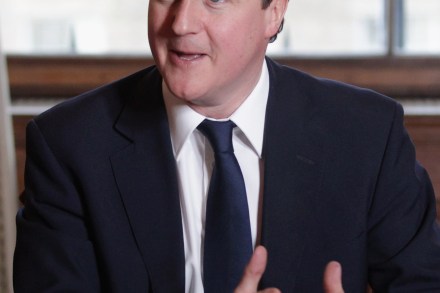Put a sock in her
For once, I am in total agreement with Nigel Farage: the best way for Sally Bercow to help her husband is to take a vow of silence. Her recent Cleopatra act diverted attention from the persistent indignity of parliament’s relationship with IPSA, but it has done little to raise the diminutive Speaker’s diminutive reputation. Flushed with embarrassment, Mrs Bercow spent most of Friday afternoon insisting that the Evening Standard had distorted her. She went into yummy mummy mode, confiding to Twitter that she was baking cakes for her son’s lunch box – nice rather than naughty. She gave no immediate explanation for posing in a sheet; but who doesn’t loiter semi-naked at the




















